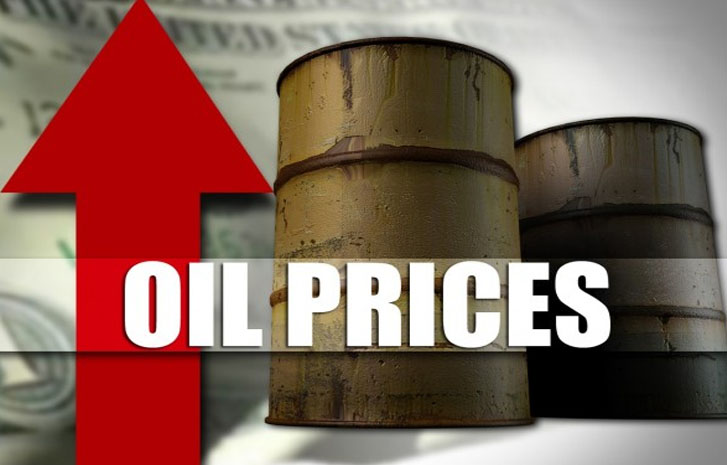Oil prices jump following Middle East tensions
Oil prices surged and major stock markets mostly retreated Thursday as investors reacted to fears of widening conflict in the Middle East. Prices jumped after the US President Joe Biden said he was “discussing” possible Israeli strikes on Iranian oil sites in retaliation for Tehran’s missile barrage on Israel. Brent, the international benchmark, topped $77 […]

Oil prices surged and major stock markets mostly retreated Thursday as investors reacted to fears of widening conflict in the Middle East.
Prices jumped after the US President Joe Biden said he was “discussing” possible Israeli strikes on Iranian oil sites in retaliation for Tehran’s missile barrage on Israel.
Brent, the international benchmark, topped $77 per barrel at one point while the US contract, WTI, flirted with $74 as both rose more than five per cent before paring some gains.
Iran’s missile attack on Israel this week has raised fears that Israel’s conflict with Tehran-backed Islamist militants in Gaza and Lebanon may grow into a wider regional war.
- 90m litre stuck as NNPCL shuts petrol purchasing portal – Marketers
- Why monetary, fiscal policies should promote MSMEs growth – NESG
“Markets are in a state of suspense, bracing for Israel’s anticipated retaliation against Iran – a move that could catapult oil prices skyward,” said independent markets analyst Stephen Innes.
Iran, which backs Lebanese militant group Hezbollah, said it would step up its response if Israel counterattacked, defying calls for de-escalation in a war that has cost more than 1,000 lives in Lebanon.
Israel’s military said Thursday it had hit Hezbollah’s intelligence headquarters in the Lebanese capital, as troops battled militants near the border and warplanes bombarded their strongholds around the country.
Analysts, however, said oil price gains could be limited as US stockpiles rose more than expected last week while Libya’s eastern administration announced Thursday it had ended a month-long production and export blockade.
The Saudi-led OPEC+ oil cartel, meanwhile, is due to raise production in December, further easing concerns about supply.
